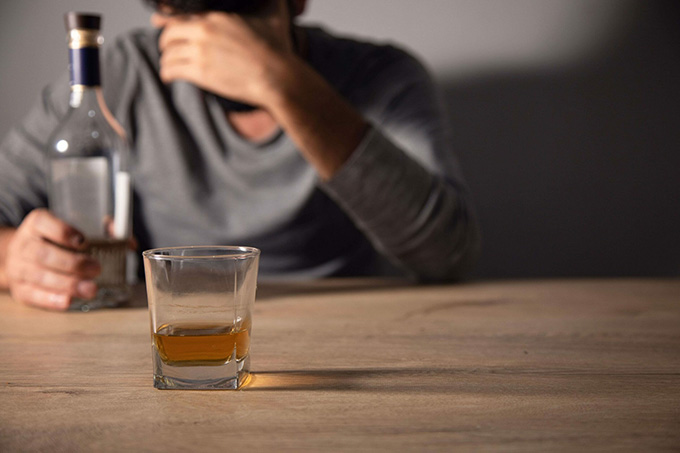
There is a growing emphasis on caring for individuals’ mental health, and many companies, educational institutions, and other industries are working towards improving it. That being said, many people turn to alcohol to find the peace of mind they so desperately try to attain.
In pursuit of this attainment, many turn toward alcohol consumption. Consuming alcohol can increase dopamine levels, giving the person a feeling of relaxation in a short amount of time. However, it can harm one’s health and worsen mental health in the long run. It is particularly concerning for students who suffer from depression and anxiety due to their studies.
So, how can too much alcohol impact your mental health? How can it lead to some long-term damage to overall health? And what chances can a person make to reduce alcohol dependence? We’ll discuss everything in this article to provide better insight.
How Does Alcohol Impact Mental Health?
People often consume alcohol to deal with stress, anxiety, and depression. Drinking alcohol will change the ways brain cells send signals to each other. As a result, it can make a person feel relaxed. In some cases, people might consume to self-medicate. While this would lead to a good feeling for a short time, the feeling will soon disappear. Worst, it can further worsen symptoms of depression. Some negative impacts of alcohol include:
These symptoms can get worse for those who binge drink alcohol. Binge drinking entails consuming too much alcohol in a single day. For men, consuming more than eight alcoholic drinks a day is considered binge drinking. For women, the limit is six drinks a day. One drink is roughly equivalent to half a pint of beer.
Drinking Problems Among Young Students:
Studying and growing up, there is a possibility of young students indulging in underage drinking. It can lead to various negative long-term consequences. For instance, alcohol-impaired functioning can lead to accidents, causing injuries or accidental death.
Experts at Cohen and Winters report that “They have seen many accident cases with young drivers facing DUI (Driving Under the Influence) charges. Furthermore, a chronic habit of drinking can also impact their studies and lead to alcohol abuse or addiction.” Studies show that 70% of all drinkers between the ages of 19 and 20 are binge drinkers. The study also suggests that this puts them at a greater risk of making bad judgments that can negatively impact them in the long run.
Moreover, the availability of alcohol at educational institutions can also lead to significant issues. Take the alleged alcohol-related hazing incident at Ohio University as an example where a student died due to alcohol intoxication.
Long-Term Risks of Consuming Too Much Alcohol:
Dependence and misuse of alcohol can lead to various health issues. It could impact vital organs and lead to the following health problems:
Additionally, binge drinking can also damage the brain’s ability to understand, remember, and think logically. Apart from physical health issues, too much dependence on alcohol can also cause social problems, such as:
All of these things can further impact the mental health and well-being of a person. Therefore, acknowledging a problem in terms of alcohol consumption (if it’s there) is essential. If you have an urge to drink or can’t work without alcohol, then it is a sign of alcohol abuse.
How to Deal with Too Much Alcohol Consumption?
Noticing the symptoms and agreeing that there is a drinking problem is the first step. Next up, there are some changes that an individual needs to make to deal with this issue. Below are a few steps to take if alcohol use is making depression symptoms worse:
Cutting back on alcohol consumption is the first thing a person should do if they have alcohol dependence. Many people will start feeling better after two to three weeks of cutting back on alcohol.
If a person can’t completely cut back on drinking, then they can keep a record of how much they are consuming. This also includes taking note of the time when they are drinking and when they are not.
It is best to consult a doctor if a person has alcohol dependence or their depression is getting worse. The doctor can recommend the proper medication or help them connect with a therapist if needed.
Consumption of too much alcohol can have a negative long-term impact on a person. It is critical to know when one can’t stop drinking and is facing severe withdrawal symptoms after quitting it. People with alcohol dependence might find it more difficult to stop drinking. Ideally, seeing and discussing with a doctor is a wise choice to get the right plan for reducing alcohol consumption as well as following it through till the end.
